Ephebiphobia: Causes, Symptoms and Treatment

Adolescents are a complex people, and it can be difficult to find an approach to them. But there are people who not only do not know how to communicate and interact with teenagers, but are also terrified of them. And this is a mental disorder called ephebiphobia.
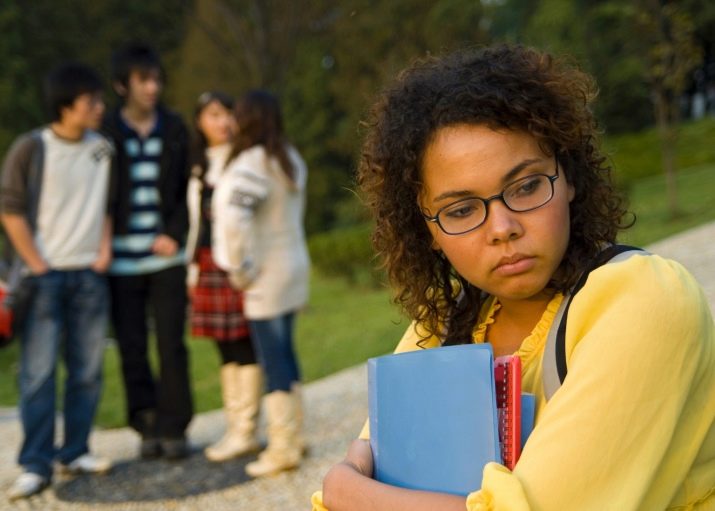
Description
Ephebiphobia is called so from the fusion of two Greek words (ἔφηβος - "youth" and φόβος - "fear"). This phobia belongs to social, rather rare, it manifests itself in the fear of adolescents on the verge of disgust for them.
For a long time, the existence of such fear was denied by experts, and only in 1994 the term was formulated and the symptoms of the disease were described, which was attributed to anxiety generalized mental disorders.
By itself, fear of people of a certain age group does not appear, it is always preceded by some tragic or dramatic events, the main characters of which were teenagers. Despite the apparent complexity of this disorder, it is quite easy to treat and correct.
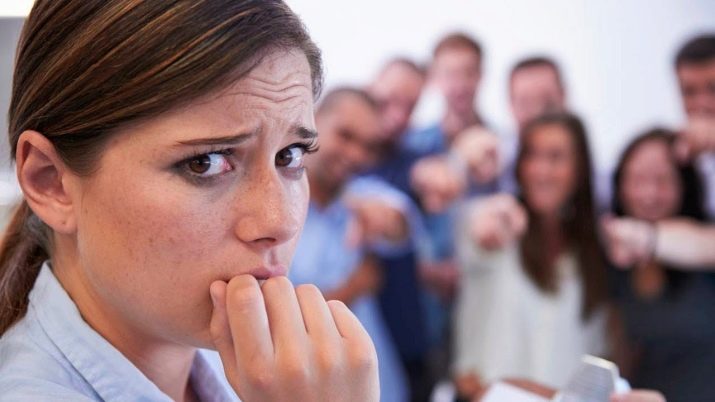
The origin of fear
The factors that led to the development of an irrational, uncontrollable fear of adolescents usually lie in the person's past. The most common reason is traumatic encounter with an aggressive group of adolescentswho have caused harm to a person or have exerted severe moral pressure. It should be noted that adults are more susceptible to phobias than adolescents or children.
Some psychiatrists call this fear occupational diseases of teachers, educators, coaches, and at risk are mainly people over 45 years old.
The psychological prerequisites for this fear lie in the existing an unpleasant experience of dealing with adolescent deviant behavior, aggression, cruelty, ridicule.For example, an adult is attacked by juvenile delinquents, beaten and robbed by a group of teenagers, or is the victim of dirty and cynical public ridicule.
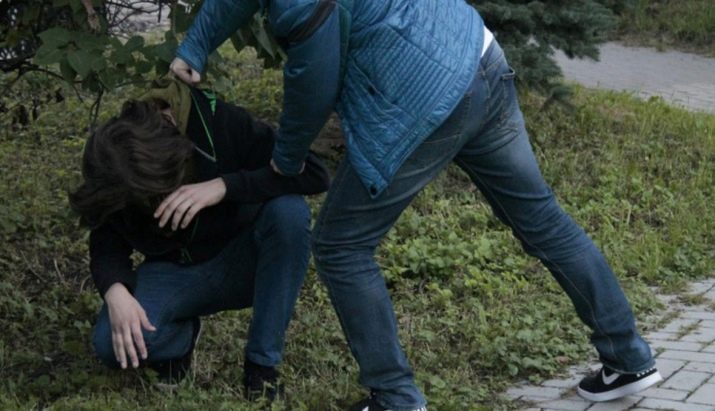
Social factors predisposing to the development of ephebiphobia lie in stereotypes. Often teenagers (all indiscriminately) are called unbalanced, aggressive, dangerous. And people who are rather suspicious, anxious, easily amenable to outside influence, these statements alone will be enough to begin to feel fear of boys and girls.
The reason may be watching a movie, a news release, reading a book about teenage groups that rampage. Recently, the world has been stirred up by a wave of ephebiphobia, experts associate an increase in the number of cases of a rather rare disorder with reports in the media about adolescents who bring knives and firearms to educational institutions, shoot classmates, teachers, and passers-by.
It is noticed that not every person can become an ephebiphobe at the same time. Much depends on the characteristics of the psyche and fundamental character traits.
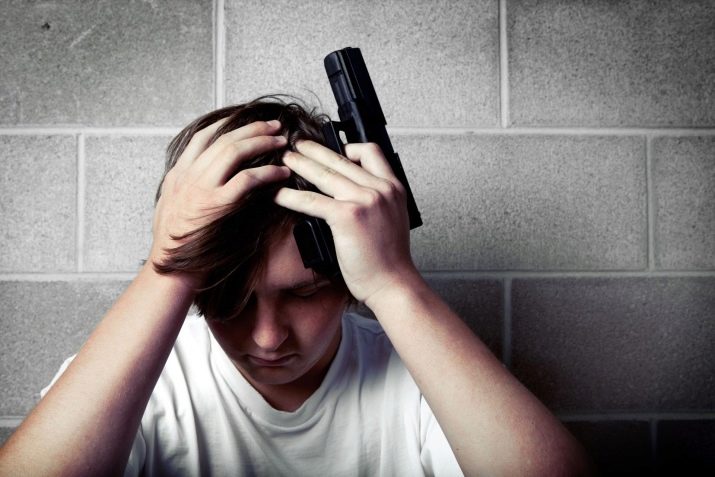
So, people prone to depression, indecisive people, suffering from a guilt complex, doubting and suspicious, are more susceptible to mental disorders.
Symptoms
The signs of fear of adolescents correspond to the main clinical picture of generalized anxiety disorder. Since there is no way to avoid meetings with adolescents - people of this age can meet at any time in transport, on the street, and in a store, the ephebiphobe is most often in mental stress, he is anxious, alert.
If he can avoid meeting teenagers, he will do everything possible for this, but if the meeting could not be avoided, then usually the fear is caused not by one teenager or two, but namely by groups of young people. They can be of a certain type, for example, adolescents with clear signs of belonging to a certain group (music lovers or athletes), or they can be of the most variegated - it all depends on the characteristics of the traumatic experience experienced by the patient.
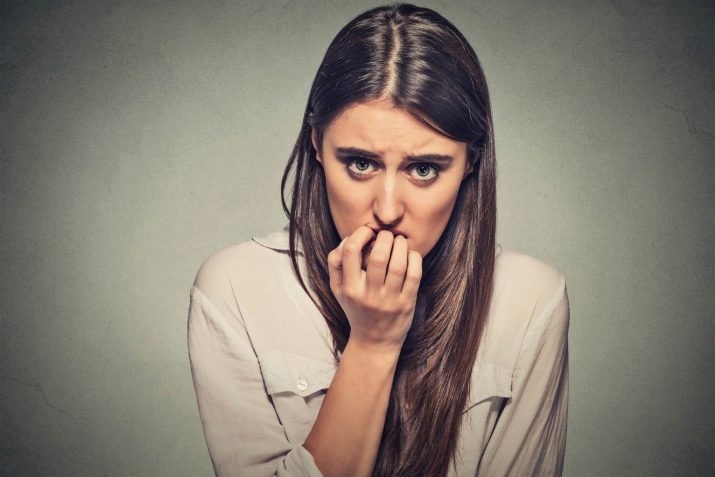
It should be noted that large groups of teenagers are terrifying and can cause panic attacks, however, meeting with a single teenager can cause an increase in the level of anxiety to one degree or another.
His fear affects the behavior of the ephebiphobe in the first place. Since a person considers the main task to be to avoid collisions with people who frighten him, he diligently avoids visiting any places where such meetings are even theoretically possible - stadiums during sports matches, clubs, discos, cinemas, schools. A person begins to lay his daily routes bypassing them, even if this requires spending several times more time on the road.
Ephebiphobes don't watch teenage films. A movie like this evokes a strong sense of anxiety, just like teenage music and culture.
If a meeting with a group of teenagers did take place, a person experiences a strong attack of fear, sometimes bordering on panic. The heartbeat increases, the pressure begins to jump, sweating increases, and trembling occurs in the hands. It becomes difficult to swallow - the mouth dries up, there may be a feeling of lack of air and a feeling of compression in the heart.
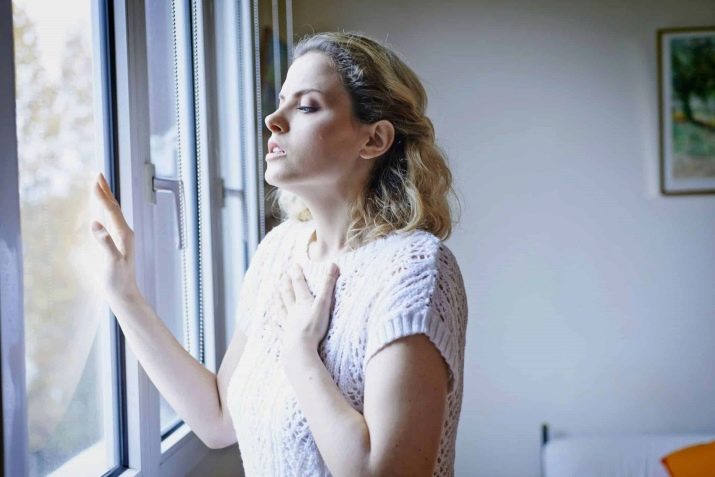
In severe cases, vomiting occurs, loss of consciousness occurs.
The behavior becomes illogical - a person can turn around in the middle of the street, seeing a group of teenagers, and run to the other side, or, conversely, freezes in place and cannot bring himself to take a step. After an attack, a person cannot get rid of anxiety, insomnia, and fatigue for a long time. In the group of adolescents, the ephebiphobe sees a threat to his own life and health.
If such a person has children of his own, then the anxiety is much stronger, because almost constantly he thinks about what will happen when his own child enters adolescence. At the same time, the parent of the ephebiphobe turns out to be despotic, strict, he keeps the child "in tight-knit gloves." This pressure, according to the patient, is his only chance to protect himself from possible adolescent inadequacy in the future.
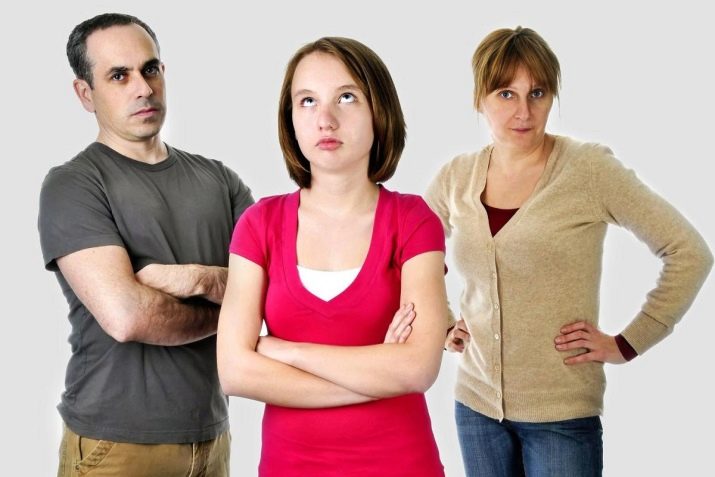
Unpleasant obsessive thoughts can appear at any time. But most often this happens in the evening, before bedtime.
Exactly because of this reason sleep disorders develop, anxiety disorder worsens... The mental disorder is progressing, and quite rapidly. Exacerbations occur most often when a person is in a state of anxiety, depression after being watched on television or seen on the Internet about teenage crimes and incidents involving teenagers.
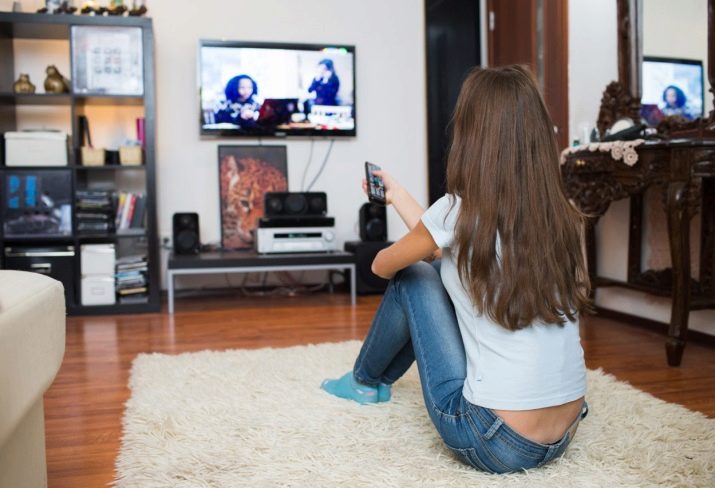
How to treat?
All self-help advice usually does not have any effect, because it is quite difficult for a person to find a reasonable explanation for this disorder on their own, and even more so, he cannot control the manifestations of his own fear. The psyche is quickly depleted, and the ability to think critically is gradually lost. It means that first, a person understands the abnormality of his fear, and then the fear becomes automatic, and the understanding of its abnormality disappears.
Unsuccessful own attempts to fight ephebiphobia only make a person feel confident that he cannot do anything. Concomitant mental illness may develop. Therefore, it is recommended to contact a psychotherapist or psychiatrist for qualified help already in the initial stages of a phobia.
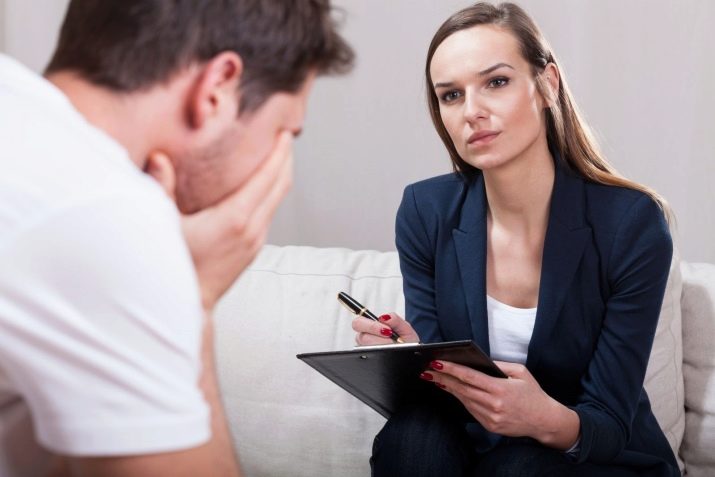
These specialists can identify the causes of the fear and eliminate them. Gestalt therapy is considered a very effective method, sometimes hypnosis is used.
To eliminate incorrect attitudes that trigger the fear mechanism, it is used cognitive-behavioral psychotherapy. This method allows you to deprive a frightening object of its frightening "charm", and the fear becomes small, and gradually disappears altogether. A person at the final stage is recommended to smoothly enter the environment of adolescents - you can volunteer in an animal shelter or in a search group in your free time (there are usually many adolescents who positively interact with adults).
The patient is advised to learn more about adolescents - watch their films and sometimes listen to their music, keep abreast of teen news and idols. There are no pills for ephebiphobia. But sometimes, if the doctor deems it necessary, as an aid in psychotherapy, they prescribe sedatives, sleeping pills, antidepressants.

A person is encouraged to practice yoga. Meditation, massage, visiting the pool, mastering breathing exercises - all this helps to strengthen the state of the nervous system.
Highly recommended remember your own teenage years more often - watch photos in the album, tell loved ones stories from your teenage past, listen to their response stories. It will help you bond with your own teenage child as well.
The effectiveness of the treatment is high. Up to 95% of cases of ephebiphobia were eliminated after 12-15 sessions of psychotherapy. The rest were successfully corrected with hypnotherapy and the method of neurolinguistic programming. Therefore, the forecasts are assessed as very favorable. But the patient is required to fully cooperate with the doctor, trust, sincerity and adherence to all recommendations.
See below for where phobias come from.








